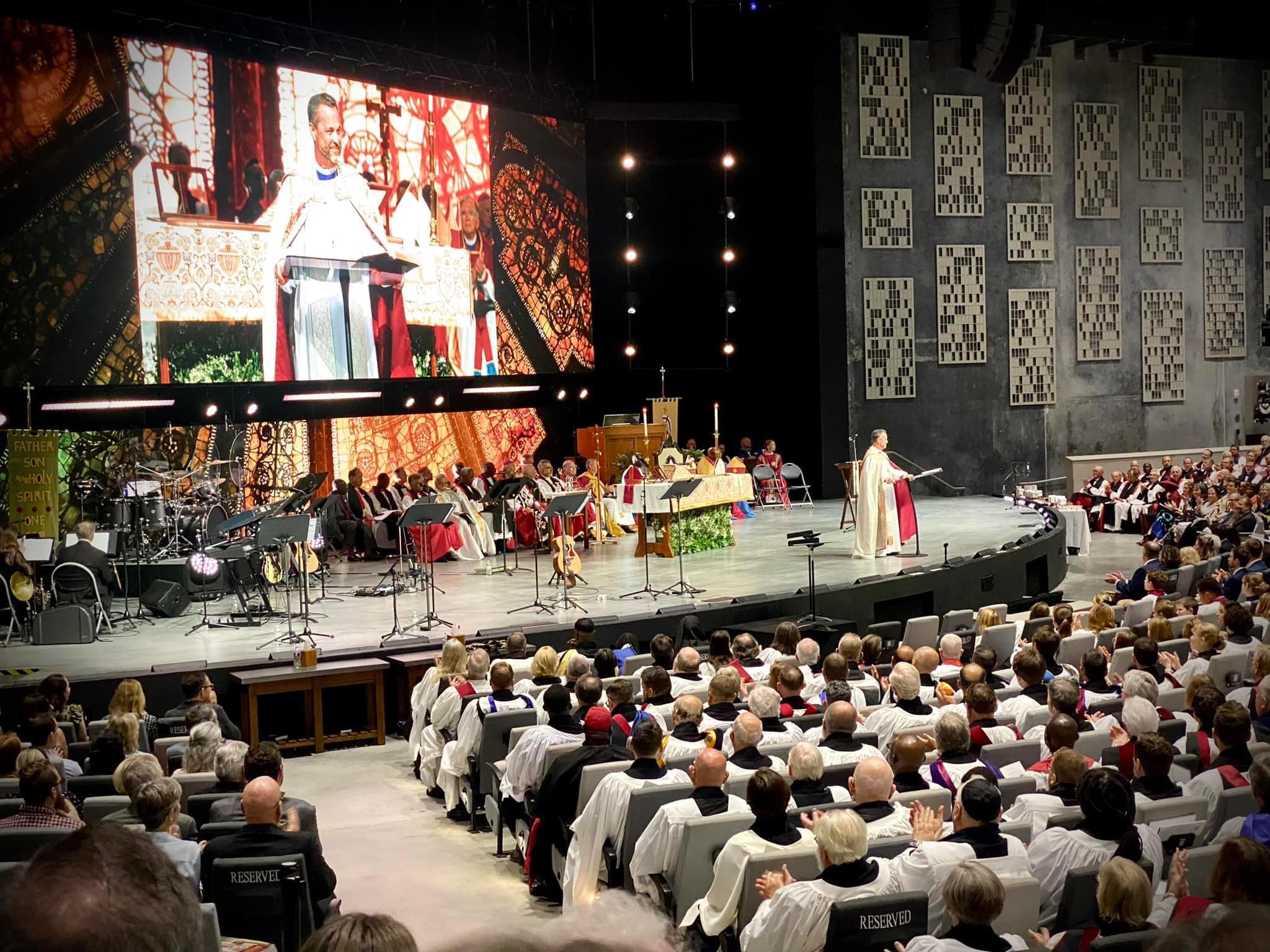In view of the petition of the day’s Prayer (Collect) that the “most excellent gift of love, the true bond of peace and of all virtues”, be poured into our hearts, we are meditating on the topic: “Clean Heart Frees.”
“A clean heart is a free heart. A free heart can love Christ with an undivided love in chastity, convinced that nothing and nobody will separate it from his love.” – Mother Theresa of Calcutta
The heart is the seat of emotions and signifies the total inner self, a person’s hidden core of being (1 Peter 3:4). It is the genuine self, distinguished from appearance, public position, and physical presence (1Sam. 16:7; 2 Cor. 5:12; 1Thess. 2:17).
When our hearts are filled with filth, rancour, enmity and other evil things, they not only become detesting to God but also uncomfortable and unhealthy for us. St Augustine of Hippo came to realise the fact and declared: “Thou hast made us for Thyself, O Lord, and our hearts are restless until they find their rest in thee.” It is when our hearts are free that we find rest and peace with God and become free indeed.
Thus, the Scripture enjoins us to: “Pursue peace with all people, and holiness, without which no one will see the Lord: looking carefully lest anyone fall short of the grace of God; lest any root of bitterness springing up cause trouble, and by this many become defiled” (Heb. 12:14-15).
A clean heart frees us to live rightly with God and with our brothers and sisters in faith. We can only free ourselves by keeping our hearts clean or free of all that entangles. Excess loads in the heart obstruct. Clean your heart and travel light. Lose yourself and let yourself go!
Reflections on the Bible Readings for Day (Mattins)
In the OT passage (Gen. 50:15-end), Joseph died in peace because he had a clean heart. All through his life, he endeavoured to be at peace with God. He was thus able to forgive his brothers whom he considered instruments in the hands of God for his upliftment to the glory of God and for the service and good of man.
Grudge and unforgiveness bind up a man, even when he is the one who has been wronged. But when he forgives, he sets himself free. Jesus enjoins our going for reconciliation, even when it is our brother who has something against us (Matt. 5:23-24), not to talk of when we are the ones holding grudges. We should strive as much as possible to be at peace with all men and leave vengeance to God (Rom. 12:18f).
Joseph’s brothers, on the other hand, had unclean hearts or guilty consciences and so, were not free. They were haunted by their atrocities of hating Joseph and selling him out. It is said the evils that men do live after (or with them).
So, even when there was obviously no sign that Joseph was still harbouring what they did in his heart, they were never free again with him. This surfaced when their father died. Their hearts were troubled and they said: “Perhaps Joseph will hate us, and may actually repay us for all the evil which we did to him.” (Vs. 15). Those who put their hands in evil are never free. Neither are they at rest. There is no peace for the wicked (Isa. 48:22)
To live clean is to live free.
The NT passage (1 John 2:1-17) is an exhortation not to play double standard in our relationship and walk with God. We cannot claim to know and love God without keeping His commandments, which are summed up in love. He who hates and is not in good relationship with God does not have a clean heart and stumbles in his way.
The Venerable Dr. Princewill Onyinyechukwu Ireoba, FIMC, CMC. is the Rector, Ibru International Ecumenical Centre, Agbarha-Otor, Delta State.
princewillireoba@gmail.com, trinityfoundationibrucentre@gmail.com



